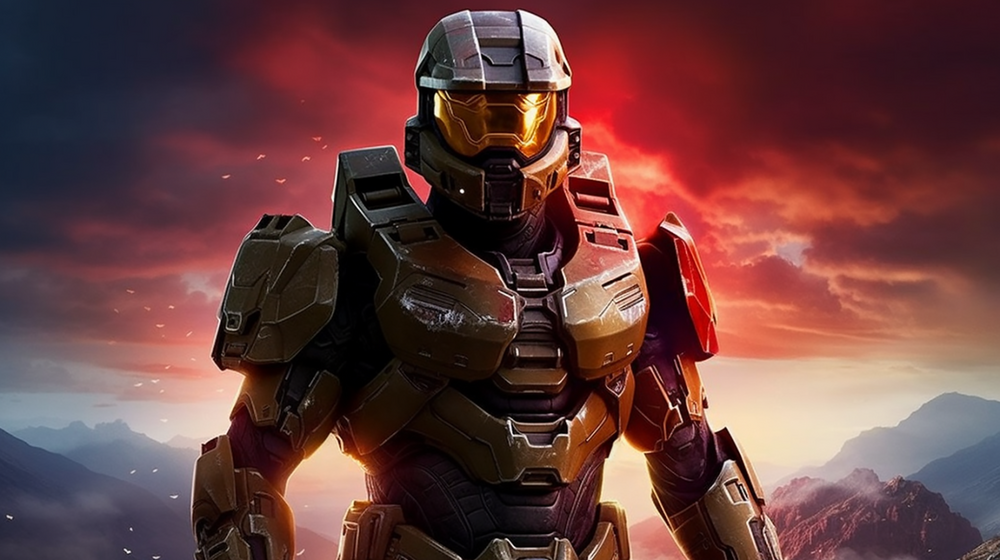Interesting Universe
Considering the premiere of the first season took place last year and Paramount+ studio approved another season right after its conclusion, it's clear that the series was successful. And not just a little. Not only the average viewer but also many die-hard fans were satisfied, which was reflected in record viewership.
No wonder, because Halo offers a very interesting world, which in some respects resembles Star Wars, in others, Starship Troopers. This combination may seem mismatched at first glance, but it works brilliantly.
The Halo universe is full of diverse aliens united into a single group called the Covenant Hegemony. This is essentially a religious sect led by three frail prophets whose primary goal is to find and activate ancient artifacts and in the process, they would also like to exterminate humanity.
Humanity is not only represented by the UN, but also, unfortunately, rebels. Why unfortunately, we'll discuss later. The 21st-century UN is evidently a slightly different organization than today's. It controls not only the vast majority of human colonies but also space marines, specifically Spartans.
These are a bit tougher than ordinary soldiers. They are faster, stronger, smarter and have full-body shields. In addition, they are led by Earth's best warrior, Master Chief, who is also unsurprisingly the main hero of the series.
Battle for the Artifacts
Master Chief is interesting not only because he has by far the most alien scalps to his name but also as the only human who can activate a mysterious artifact that appears on the scene in the first episode. This artifact could be the way to an alleged ultimate weapon named Halo. And that's precisely why the guys and girls from the Covenant are interested in it.
The story seems simple, but appearances deceive. During the nine episodes of the first season, we learn more about the dark underbelly of the Spartan program, enjoy a bit of politicking, and also engage in some mild philosophizing. Fortunately, the latter is very decent. Moreover, as the plot progresses, we find out that Master Chief may not be the only person capable of really heating up the artifact.
When we add to this a few quite quality shootouts, mostly very likable cast, and a great open ending, we get a very successful piece definitely worth watching. However, there is one significant but, namely the rebel storyline.
A Stain on the Picture
It is very uninteresting and, above all, it really leads nowhere. It does not enrich the plot, on the contrary, it distracts us from the main story. The scriptwriters were probably looking for some filler and took this route.
Personally, I would rather watch an instructional video about repairing Spartan armor for an hour than watch the supremely annoying rebel Kwan Ha trying to fight windmills. Unfortunately, this individual takes quite a lot of time for herself in the series.

